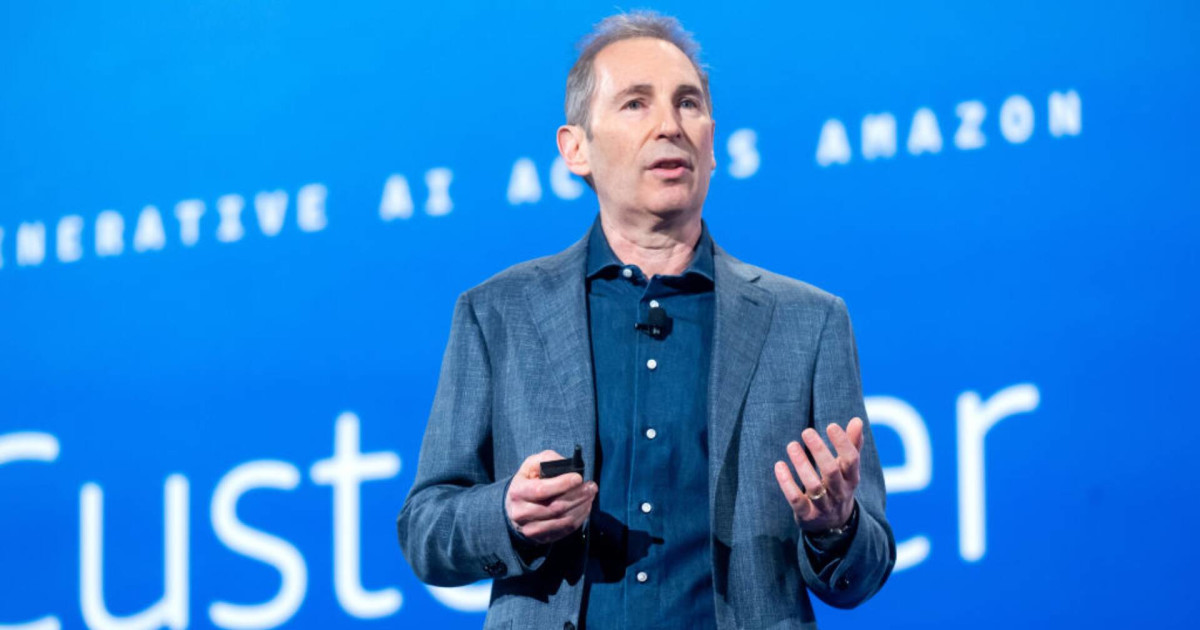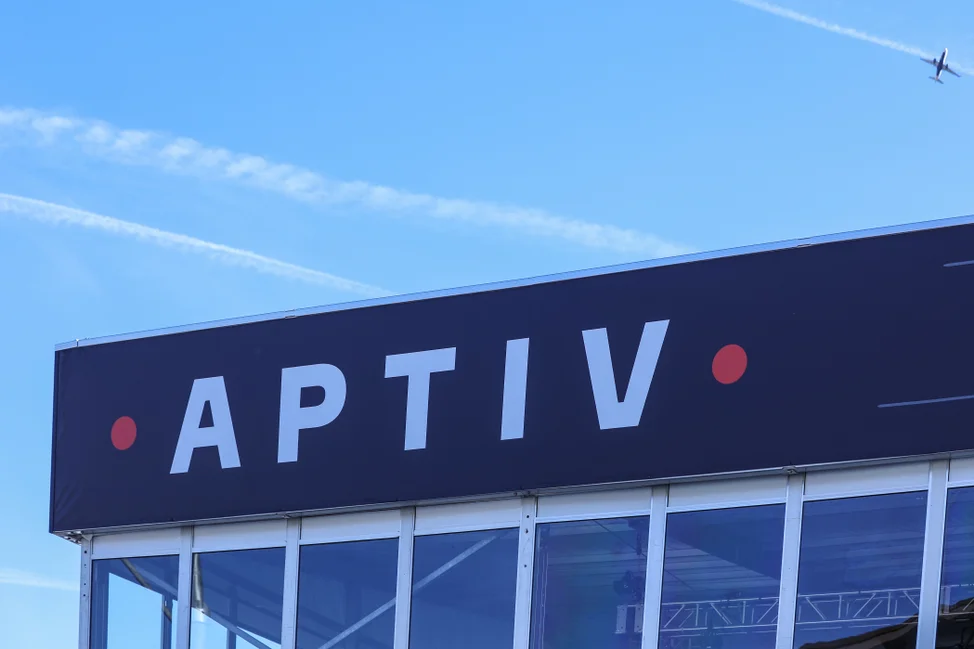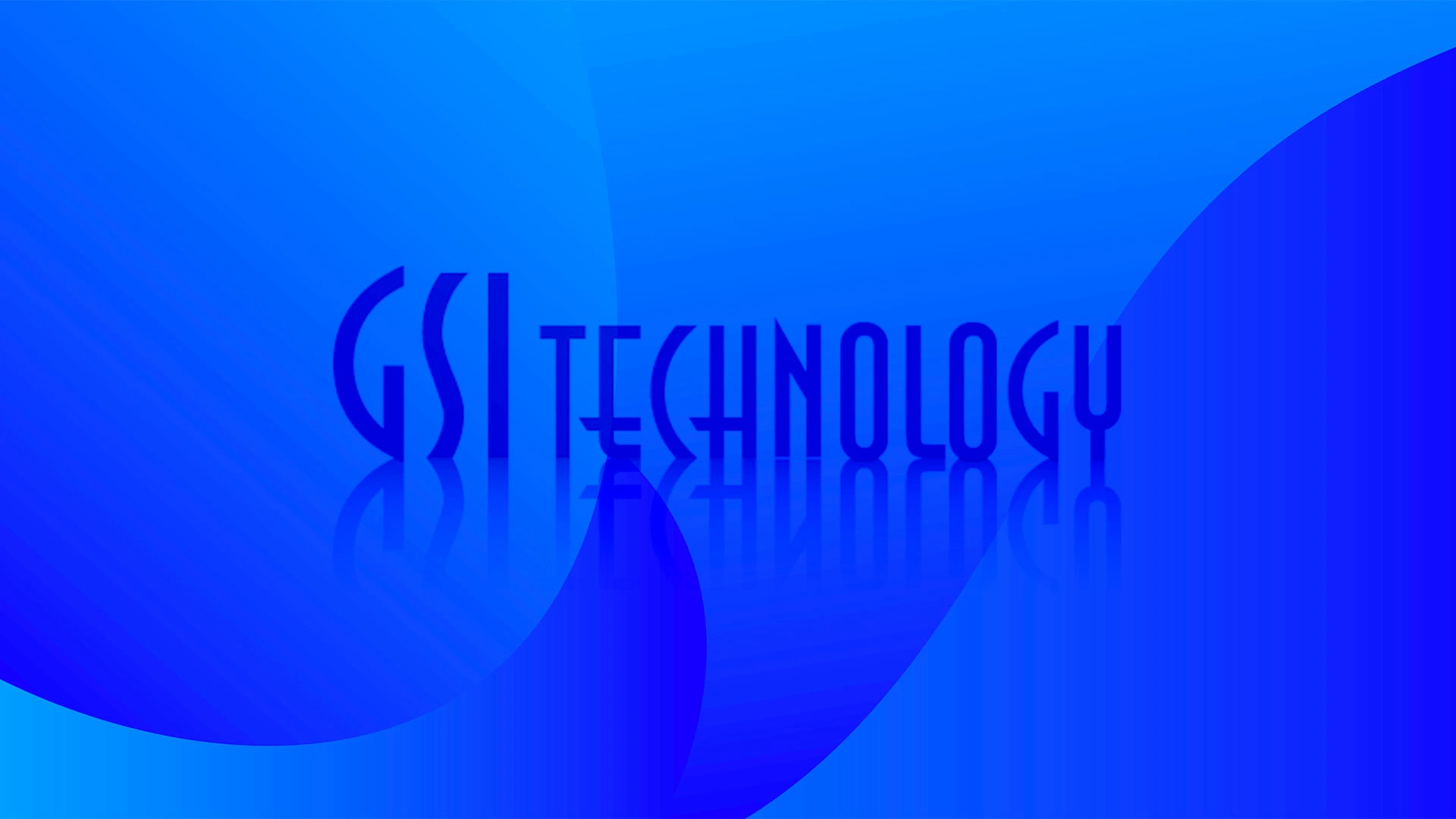Copyright The Street

Amazon, which has asserted its dominance in retail and the tech industry with its cloud computing services, has turned heads this year with dramatic workforce changes as it invests billions into artificial intelligence. In January, Amazon ordered its corporate workforce to return to working in offices five days a week to boost collaboration, brainstorming and innovation. Amazon CEO Andy Jassy also expressed in his annual letter to shareholders, which was unveiled in April, that he wants the company to “operate like the world’s largest startup.” He believes that to accomplish this goal, Amazon needs to increase the speed at which tasks are completed and to remove bureaucracy from its workplace culture. As Amazon reshapes its operations, it plans to increase its capital expenditures (funds used to acquire or upgrade the company’s fixed assets) to $100 billion in 2025, which is primarily driven by AI investments. Amazon has already been using AI to decrease workloads, resulting in reduced costs for the company. In June, however, Jassy sparked layoff fears by warning employees in a memo that the company’s increased reliance on AI to perform tasks will soon result in a smaller corporate workforce. “As we roll out more Generative AI and agents, it should change the way our work is done,” said Jassy. “We will need fewer people doing some of the jobs that are being done today, and more people doing other types of jobs. It’s hard to know exactly where this nets out over time, but in the next few years, we expect that this will reduce our total corporate workforce as we get efficiency gains from using AI extensively across the company.” Amazon plans to pink-slip a major group of employees So far this year, Amazon has conducted layoffs in several departments, such as dozens of workers in communications, hundreds in its devices and services unit and more in its Amazon Web Services cloud computing unit. Now, the company is reportedly planning to enforce another round of layoffs that will impact its human resources division, according to a recent report from Fortune. While the upcoming layoffs will likely impact other departments, Amazon’s HR department will be hit the hardest by job cuts. The unit is expected to shrink by 15%. Amazon’s HR division includes over 10,000 employees worldwide who work in recruiting, technology and other roles. The timing of the layoffs is currently unknown. Amazon ignites a major fear many Americans have about AI Amazon isn’t the only company that has conducted layoffs this year as it invests in AI. Tech giants such as Google, Meta and Microsoft also recently shrunk their workforces as they invest billions of dollars in AI technology. In a interview with the Wall Street Journal in May, IBM CEO Arvind Krishna said AI has replaced hundreds of HR workers at his company. More Labor: Intel quietly pulls back major employee commitment amid troubles Google quietly doubles down on a controversial workplace trend Samsung cracks down on an alarming workplace problem According to recent data from Layoffs.fyi, about 212 tech companies have reduced their workforces this year, resulting in over 91,700 employees losing their jobs. While more companies rely on AI to simplify operations, many employees nationwide are not fans. A YouGov survey from last year found that more than one-third of U.S. workers are concerned that AI will result in job loss or fewer work hours. This fear has become a harsh reality in recent months, and the trend may not slow down anytime soon. According to a recent survey from Resume.org, nearly 3 in 10 companies have replaced jobs with AI this year, and 37% expect to replace roles with AI by the end of 2026. “AI adoption is going to reshape the job market more dramatically over the next 18 to 24 months than we’ve seen in decades,” said Kara Dennison, head of career advising at Resume.org, in the survey. “We’ll see continued displacement of routine and process-driven roles as well as entirely new categories of work centered on AI oversight, data ethics, prompt engineering, and human-AI collaboration. Technical skills alone won’t be enough; adaptability, critical thinking, and emotional intelligence will become the defining differentiators for talent.”



